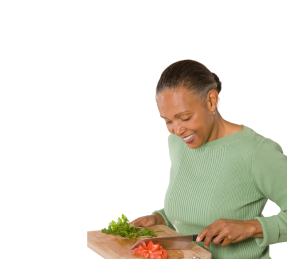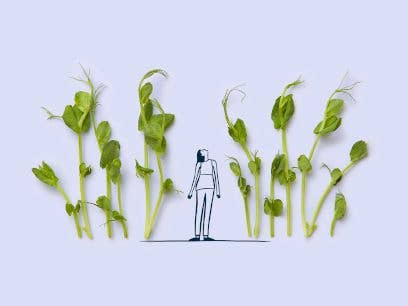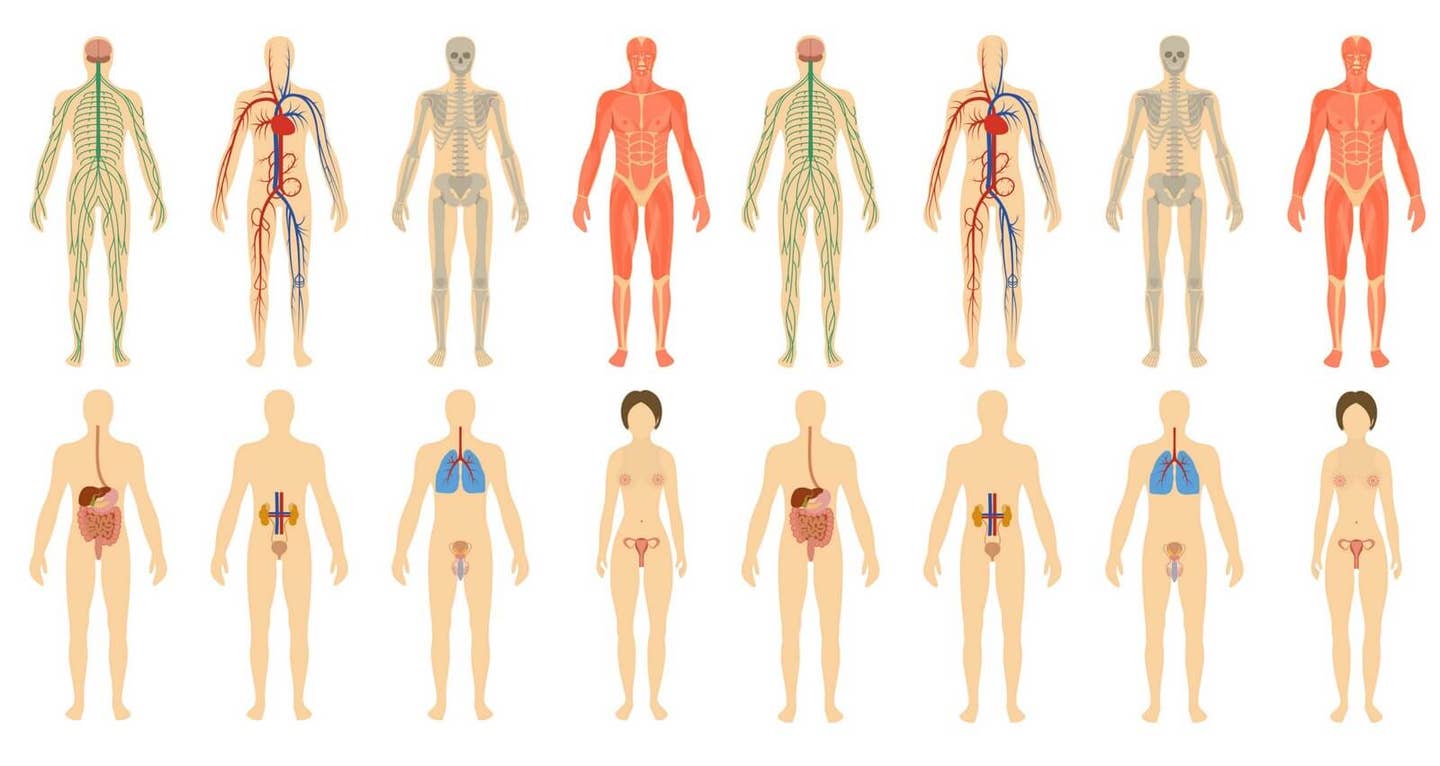A new study spearheaded by researchers from Oxford University found that eating less meat—or better yet, eliminating it altogether—can lower the risk of developing cancer by up to 14 percent.
The large-scale study followed 472,377 British men and women between the ages of 40 and 70 for 11.5 years to assess the link between meat consumption and cancer.
At the time of recruitment, all study participants had no history of cancer. During intake, participants completed a questionnaire about the types of meat they ate (such as beef, pork, or fish) and the frequency they consumed it per week. Participants were then categorized into four groups:
- Regular meat eaters (52.4 percent): Consumed processed meat, red meat, and poultry more than five times a week
- Low meat eaters (43.5 percent): Consumed processed meat, red meat, and poultry five or fewer times a week
- Pescatarians (2.3 percent): Consumed fish but no other forms of meat
- Vegetarians and vegans (1.8 percent): Abstained from eating all forms of meat
Over the course of the study, 54,961 incidents of cancer occurred amongst the participants, including 5,882 cases of colorectal cancer; 7,537 cases of postmenopausal breast cancer; and 9,501 cases of prostate cancer. Researchers discovered that, compared with regular meat eaters, participants who ate a low-meat diet were 2 percent less likely to develop cancer, and pescatarians were 10 percent less likely to develop cancer. But the most significant reduction in risk was among the vegetarian and vegan group, who were 14 percent less likely to develop cancer than the regular meat eaters.
The researchers also looked at the different types of cancer that developed amongst the study population to determine whether diet impacted specific types of the disease. Compared with regular meat-eaters:
- Low-meat eaters had a 9 percent lower risk of developing colorectal cancer
- Pescatarian men had a 20 percent lower risk and vegetarian men had a 31 percent lower risk of developing prostate cancer
- Vegetarian women who were post-menopausal had an 18 percent lower risk of developing breast cancer
“There are different compounds that are found in red and processed meat (either through cooking or added during the processing) that may damage cells and therefore could increase the risk of colorectal cancer,” says the study’s lead author, Cody Watling, MSc, who is completing his PhD in the cancer epidemiology unit of Oxford University.
The study authors noted that the pescatarians and vegetarian groups had lower average BMIs, were younger, and were less likely to be smokers or heavy drinkers, all of which could be important contributing factors to their lower rates of cancer development.
“We know that the intake of different foods are associated with differing health outcomes,” says Watling. “Individuals should do as much as they can to consume a diet rich in whole grains, vegetables, fruits, and beans, as well as maintain a healthy body weight [to decrease the risk of cancer].” Watling also notes that while it's impossible to completely eliminate all risk of developing cancer, eating fewer red and processed meats and more plant-based protein can be a helpful step in reducing the risk.
Unpacking the Connection Between Plant Foods and Cancer Prevention
Beyond their tendency to promote leaner BMIs, why might plant-rich diets be protective against developing cancer and other life-threatening illnesses? Health experts from the Mayo Clinic explain that plant foods (fruits, vegetables, legumes, nuts, and whole grains) are packed full of phytochemicals that help protect your cells from damage and inflammation. Because cancer is a disease where damaged or abnormal cells reproduce and attack healthy cells as it spreads through the body, these phytochemicals may help prevent the initial formation and proliferation of cancer-causing cells. Unlike meat, poultry, and fish, plants also contain large amounts of healthy fiber, which several studies have shown is important in reducing the risk of cancer.
In good news for plant-curious meat eaters, a recent report, published in PLOS Medicine in February 2022, found that even 80-year-olds can add several years onto their life expectancy by cutting animal products from their plate, which suggests that it’s never too late to reap the rewards of switching to a plant-based diet.
To learn more about a whole-food, plant-based diet, visit our Plant-Based Primer. For meal-planning support, check out Forks Meal Planner, FOK’s easy weekly meal-planning tool to keep you on a healthy plant-based path.
Related News
Try Our Top-RatedMeal Planner Free

Forks Meal Planner takes the hard work out of making nutritious meals the whole family will enjoy.
SAVE $200 ON OUR ULTIMATE COURSE

Join our best-selling course at a new lower price!





